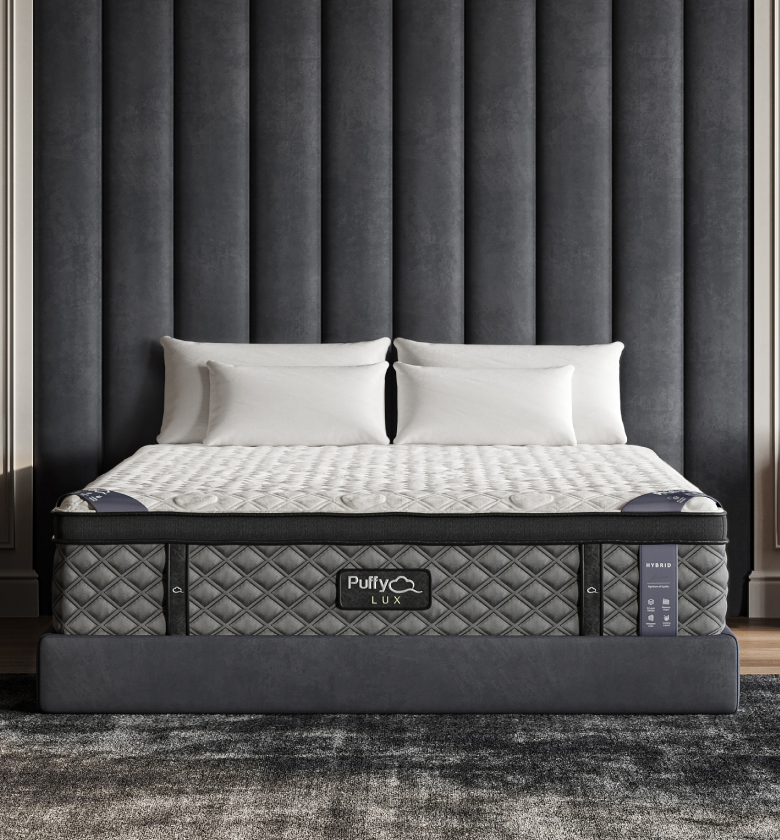In the world of mattresses, polyurethane foam has become a common material, known for its versatility and comfort. But what exactly is a polyurethane foam mattress, and what are the implications of using it? This blog explores the various aspects of polyurethane foam mattresses, their benefits and drawbacks, and health-related concerns.
Polyurethane Foam Mattress
Delving deeper into polyurethane foam mattresses, we uncover more about their construction and usage in the bedding industry.
Composition
- Foam Layers: These mattresses are often constructed with multiple layers of polyurethane foam, each varying in density and firmness to provide different levels of comfort and support.
- Support Core: Some may have a high-density foam core for added support, particularly important in supporting heavier weights.
Variations
- Memory Foam: A type of polyurethane foam, memory foam is known for its contouring properties.
- High-Resilience Foam: Offers more bounce and durability than standard polyurethane foams.
Pros and Cons of Polyurethane Foam Mattress
When considering a polyurethane foam mattress, weighing its advantages and disadvantages can help you make an informed decision.
Pros
- Customization: The versatility in density and firmness levels allows for customization according to individual sleep needs.
- Motion Isolation: Excellent for couples, as it minimizes motion transfer.
- Maintenance: Generally low-maintenance and doesn’t require flipping or rotating.
Cons
- Odor and Off-Gassing: New mattresses may emit a noticeable chemical smell, which can take time to dissipate.
- Heat Retention: Some people may find these mattresses retain too much body heat, although newer models often incorporate cooling technologies.
- Environmental Concerns: Production and disposal of polyurethane foam have environmental impacts, though recycling options are increasing.
Considering the pros and cons of polyurethane foam mattresses, Puffy mattresses stand out as an eco-friendly and health-conscious alternative. Their advanced foam technology addresses many common concerns, such as heat retention and off-gassing, ensuring a comfortable and safe sleep experience.
Is Polyurethane Mattress Toxic?
The question of toxicity in polyurethane mattresses is a topic of much debate and concern.
Chemical Concerns
- Volatile Organic Compounds (VOCs): These mattresses can off-gas VOCs, which have been a source of concern for some users.
- Chemical Fire Retardants: Some polyurethane foams contain chemical fire retardants, which have been linked to health issues.
Certification and Safety
- Certifications: Look for certifications like CertiPUR-US®, which ensure low VOC emissions and the absence of harmful chemicals.
Interested in how Puffy stacks up against other brands? Check out our mattress comparisons: Puffy vs Purple, Puffy vs Nectar, Puffy vs Casper, Puffy vs Leesa, Puffy vs Saatva, Puffy vs DreamCloud, and Puffy vs Tuft and Needle.
Polyurethane Mattress Health Risks
Understanding the potential health risks associated with polyurethane foam mattresses is crucial for making an informed decision.
Potential Risks
- Respiratory Issues: Off-gassing can potentially exacerbate asthma or other respiratory conditions.
- Skin and Eye Irritation: Some individuals may experience irritation due to the chemicals in the foam.
Mitigating Risks
- Adequate Ventilation: Allow new mattresses to air out in a well-ventilated area before use.
- Hypoallergenic Covers: Use hypoallergenic mattress covers to reduce direct exposure.
Check out Puffy mattress reviews from real customers and see how we compare with other brands.
Is Polyurethane Foam Mattress Safe for Babies?
When it comes to infants, the safety of the sleeping surface is of paramount importance.
Considerations for Infants
- Firmness: A firmer mattress is recommended for infants to reduce the risk of SIDS.
- Chemical Exposure: Be cautious of the chemicals in the mattress that might affect a baby’s health.
Safety Standards
- Child-Safe Certifications: Look for mattresses that meet safety standards specific to children’s products.
- Regular Monitoring: Regularly check the condition of the mattress for any signs of wear or breakdown that could pose a risk to the infant.
Puffy mattresses, with their focus on safety and comfort, offer an alternative for parents concerned about the safety of polyurethane foam mattresses. Their products are crafted to meet high safety standards, ensuring a safe and comfortable sleep environment for the entire family.
Use our store locator to find the closest furniture or mattress store near you and feel the cloudlike comfort of our Puffy Mattress in person.
Conclusion
Understanding what a polyurethane foam mattress is, along with its pros and cons, is essential for consumers looking to make an informed bedding choice. While there are concerns regarding off-gassing and chemical exposure, opting for certified, high-quality polyurethane foam can mitigate many of these risks.

- 8 layers of cloudlike luxury.
- Medium-plush feel.
- Gel-infused cooling.
- 101-night sleep trial.












